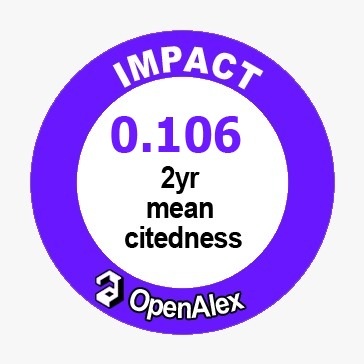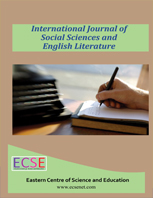Open Education and Generative AI: Toward an Ethical and Inclusive Transformation of Pedagogical Strategies
DOI:
https://doi.org/10.55220/2576-683x.v9.628Keywords:
Generative artificial intelligence, Open education, Open educational resources.Abstract
Recent studies show that Generative Artificial Intelligence (GenAI) is profoundly reshaping educational paradigms, steering teaching systems toward open, inclusive, and context-sensitive practices. This study advances an integrative model combining Open Educational Resources (OER), Open Educational Practices (OEP), and GenAI to support an ethical and sustainable pedagogical transformation. A mixed-methods design was employed with 453 education-science stakeholders across 45 secondary, college, and university institutions in Cameroon and Chad. Quantitative results indicate a significant association between OER and equitable accessibility (β = 0.61, p < 0.01), between OEP and cognitive justice (β = 0.54, p < 0.01), and a positive effect of GenAI on personalization (β = 0.49, p < 0.01). The combined effect of the three dimensions strengthens pedagogical resilience (β = 0.65, p < 0.01). Qualitative evidence underscores the role of human mediation, locally collaborative governance, and contextual appropriation. Policy implications include inclusive governance of innovation, techno-ethical teacher training, and place-based anchoring of open education policies. The proposed model emerges as a strategic and tactical lever for pedagogical sustainability suited to the challenges of the hypermodern era.







